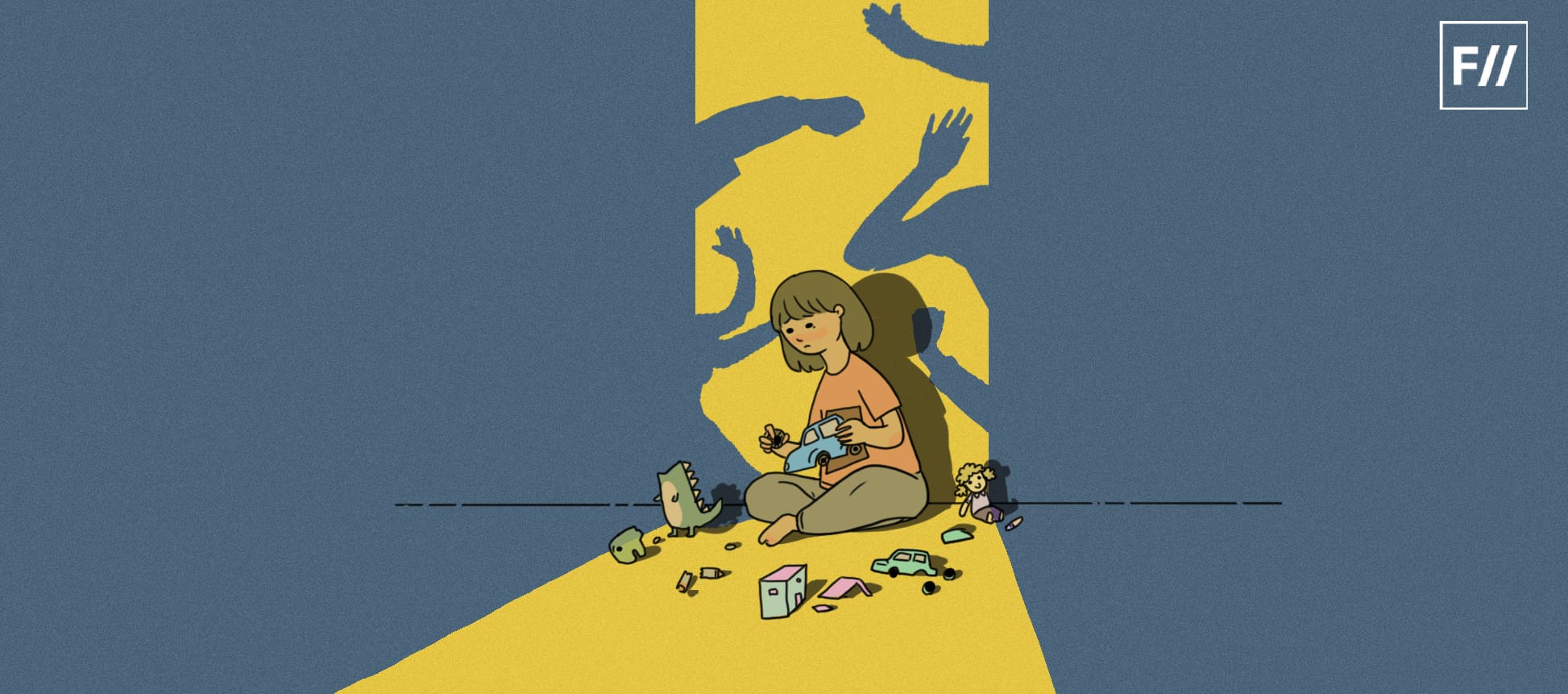According to Unicef, more than 370 million girls and women around the world have been forcibly touched or coerced into sexual intercourse before they were 18 years old, which is shocking evidence of child sexual abuse. Such a figure equals about one in eight girls and young women, showing that the world needs change and needs it now.
Exacerbated by the COVID-19 pandemic, the research also reveals the gravity of the girls’ crisis and a massive demand for humanitarian assistance and what it means for people and the community when unveiled before the International Day of the Girl.
The scope of the crisis
UNICEF also considers non-contact sexual violence including cyberbullying, threats, and harassment or verbal abuse; the total number of affected girls and women reaches 650 million, or 1 in 5 in the whole world. This data is particularly informative since it resonates with the current shift in the exhibition of sexual violence as a feature of other forms in different settings.
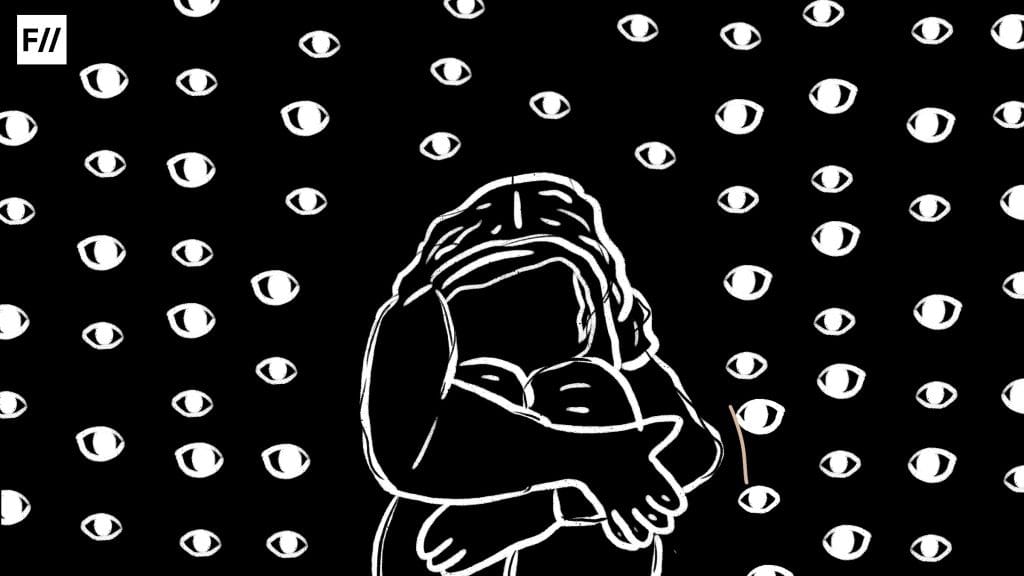
According to the Al-Jazeera report “Over 79 million girls in sub-Saharan Africa raped, sexually assaulted.” Reducing the findings of the report again and again, the authors stress that sexual violence against children does not respect any corner of the Earth. However, sub-Saharan Africa remains the most impacted region in this crisis where 79 million out of all confirmed victims including girls and women accounted for 22 per cent of the total cases. This increases dramatically in conflict-prone or areas with limited governmental settings where over one in four girls is subjected to sexual violence in their childhood.
Psychological consequences
The outcome of such a huge spread of child abuse is not limited only to the present condition of the affected child but to the rest of their life. To adulthood, survivors become psychologically severely damaged with a high risk of developing anxiety and depression, as well as difficulties in building healthy relationships. The survivors also face difficulties concerning substance abuse in addition to facing loneliness. Such experiences tend to traumatise clients, and this will negatively affect their education as well as result in poor economic returns thus reaping poverty and other associated vices which affect the affected individuals.
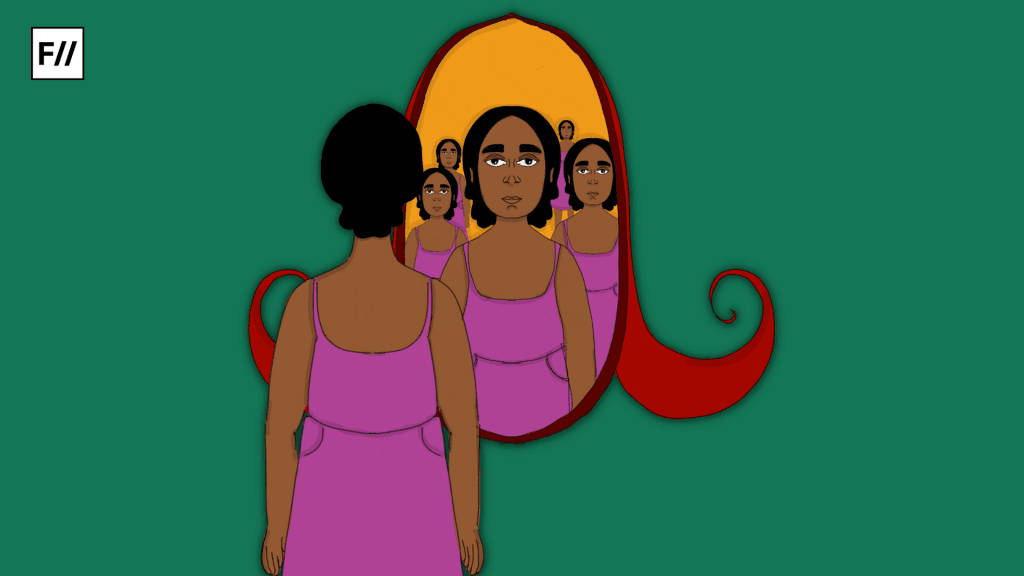
UNICEF Executive Director Catherine Russell rightly described that sexual abuse of children is a blemish on our ethical compass, the issue stresses the need for having new strategies to address the problem. They propose trying different directions to change society’s negative perception, educating children and giving them information about their rights, offering different supports for the survivors, as well as working on legislation that would protect children from abuse.
The use and awareness of education to combat child abuse
Learning is instrumental in treating the causes of the negative use of power in sexual violence. Hence by making children know about consent and boundaries, we can help the children know when they are abused and where to look for help. In addition, schools need to ensure that students are safe to report incidences to the authorities and other stakeholders without prejudice and even further punishment.
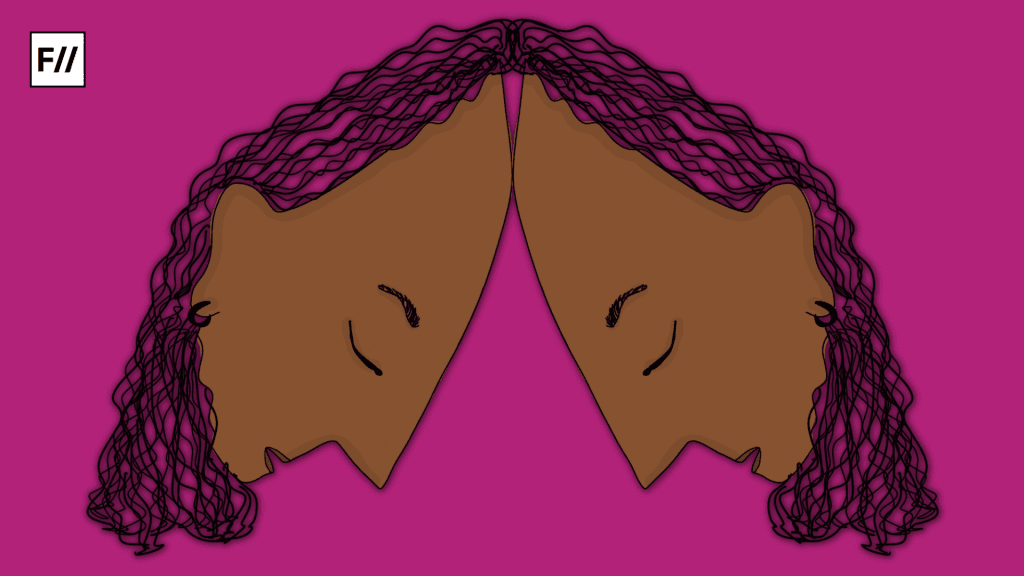
As over 370 million girls and women globally are subjected to rape or sexual assault as children, the estimated prevalence indicates that most child sexual violence takes place in adolescence with 14 to 17 years being the most vulnerable age bracket. It is especially important to focus on the efforts which will prevent abuse during this critical period. Schools, therefore, should ensure that both boys and girls are trained on issues to do with respect, consent, and the appropriate values of relationships. Also, parents must participate in these dialogues to instil these values at home.
Legal systems and institutional actions
While child sexual violence prevention laws are in place in many countries today, there continues to be limited compliance throughout most areas. For example, in India where the Government tightened the laws following the headlines related to gang rape in 2012, extrapolated reports indicate that occur one rape every 16 minutes as per The Hindu article “Rape and insensitivity: On the narrative of violence against Women.” It says as much about the failures of institutional setups such as the police force, as it does about social structures that resent the survivor while exculpating the offender.
Meanwhile, some recent developments in judicial interpretations have caused doubts about the sufficiency of legal literacy for women. For example, according to the Indian Express article “Why laws on sexual violence continue to be skewed against women” some ruling pointing that marital rape should not be considered a crime expose shocking understanding of consent in intimate relationships. Such legal interpretations pose a threat to the fight against sexual violence because they reinforce perverted perceptions about women’s rights.
A call for global action against sexual abuse
The recommendations that came out from the UNICEF’s report are useful as a wake-up call for international response to sexual violence. It is impossible for governments to only provide funding for measures that seek to prevent abuse and assist survivors. This includes increasing the collection of data on cases of sexual violence to get improved stats on the increase in the prevalence of this vice and its effects on various population groups.
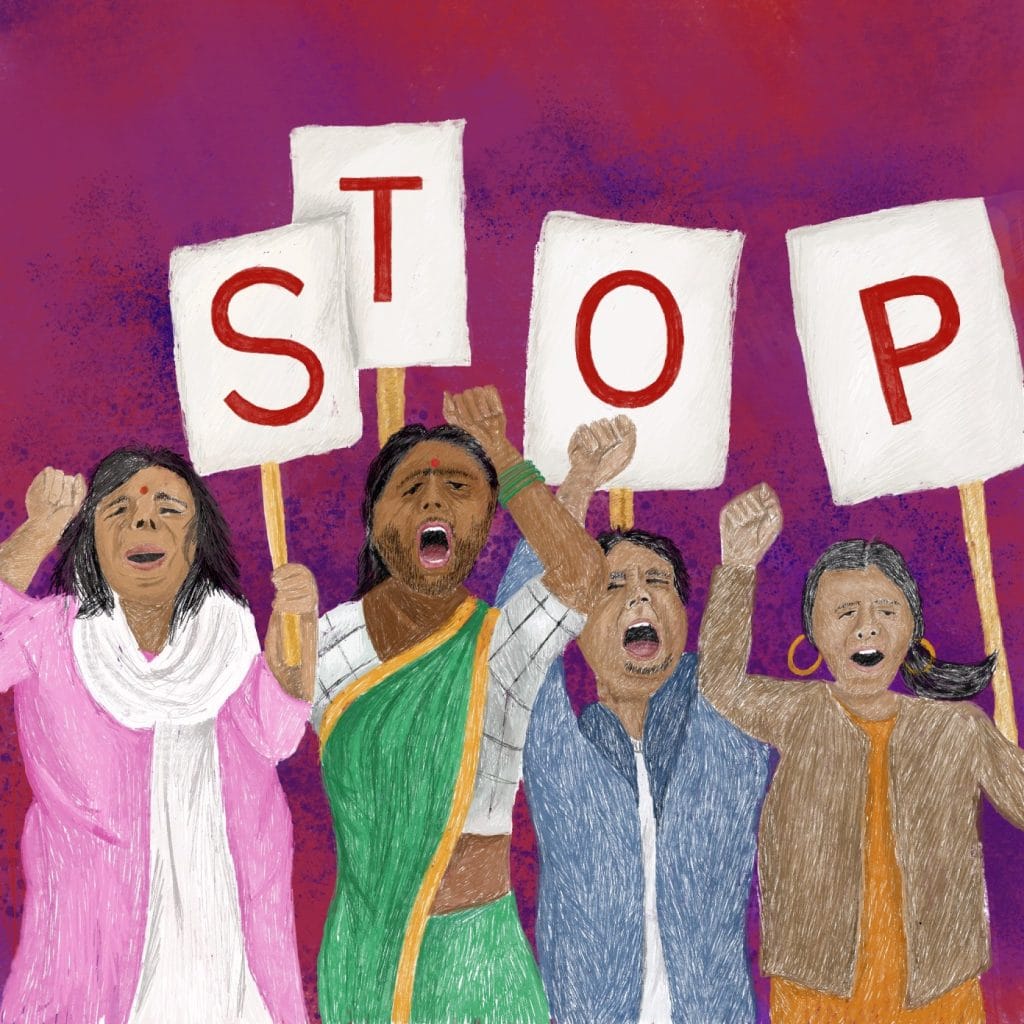
In addition, the problem remains acute and requires international cooperation to solve it. States should have open meetings while exchanging success stories of prevention and response measures to be implemented as per the directions given under international human rights conventions.
The figures that are enumerated by this global body in its study are not mere facts and figures; they are people, who have been victims of Post-Traumatic Stress Disorder. We must as a society, wake up to this calamity by enhancing advocacy for awareness, improvement of legal supports and policies and undertaking early childhood campaigns against sexual assault on the young.
We need to take action today not only looking at tomorrow’s generation but also thinking about today’s sufferers. Taking a step forward in this direction is the only way to remove this blot on our civilisational consciousness and make the world a safer place for children.
To do away with the culture of perpetrating sexual violence against girls and women, everyone, including the education system, the legal system, society and the international community must come in handy. The time to change that is now; we cannot afford to sit around and watch as millions continue to live in misery.
About the author(s)
Ainee Ilyas is a writer and researcher with a strong foundation in law and human rights, specializing in the intersections of gender, social justice, and public policy. Passionate about feminist thought, her work amplifies marginalized voices and challenges conventional narratives. With experience in editorial writing, policy analysis, and rights-based research.
